
Since 2006, the health care providers who make up the Alliance for Patient Access have prioritized patient-centered care. That’s why members from across specialty areas and throughout the country advocate for policies that:

AfPA members can participate in activities such as:
Every day, health policy decisions are made that impact patients and clinicians across the country. Have a say. Advocate for patient-centered care.
AfPA is organized as a non-profit 501(c)(4) corporation and headed by an independent board of directors. Its physician leadership is supported by policy advocacy management and public affairs consultants. In 2012, AfPA established the Institute for Patient Access (IfPA), a related 501(c)(3) non-profit corporation. In keeping with its mission to promote a better understanding of the benefits of the physician-patient relationship in the provision of quality health care, IfPA sponsors policy research and educational programming.
The Alliance for Patient Access’ advocacy and leadership stem from three core ideals, which underpin the organization’s vision of patient-centered care.

Access
Utilization management should not undermine patient-centered care. Nor should it override physician-patient decision making. Pricing should prioritize access. Manufacturers’ pricing process should include input from all stakeholders, including health care providers, patients and payers. Society shares both benefits and risks. All stakeholders – including manufacturers, payers, patients and broader society – should enjoy the benefits, and help shoulder the cost burden, of advanced medicine.

Value
All stakeholders deserve a voice. Determining the value of a medication or medical intervention requires input from patients, health care providers, payers and manufacturers. Valuation is not a one-size-fits-all endeavor. Value varies based on patients’ unique circumstances. Valuation should not dictate coverage. Findings should instead inform a patient-centered approach that’s driven by physician-patient decision making and professional society guidelines.

The Physician-Patient Relationship
The physician-patient relationship encourages patient-centered care. Knowing one’s patient is the first step in directing a unique course of care. Trust yields better health outcomes. A strong physician-patient relationship boosts healthy behaviors and improves adherence to treatment. Policies should reinforce the physician-patient relationship. Physicians should be allowed the time to cultivate a relationship with their patients – and rewarded when that relationship generates positive health outcomes.
David Charles, MD
AfPA is led by founding member and Chief Medical Officer David Charles, M.D., Professor and Vice Chair of Neurology and Medical Director of Telehealth at Vanderbilt University Medical Center. Dr. Charles has served as a health policy fellow on the staff of the U.S. Senate Subcommittee for Public Health and Safety. Following this experience in Washington, he conducted Parkinson’s disease research in France as a Fulbright Senior Scholar and is a national leader in movement disorders research.
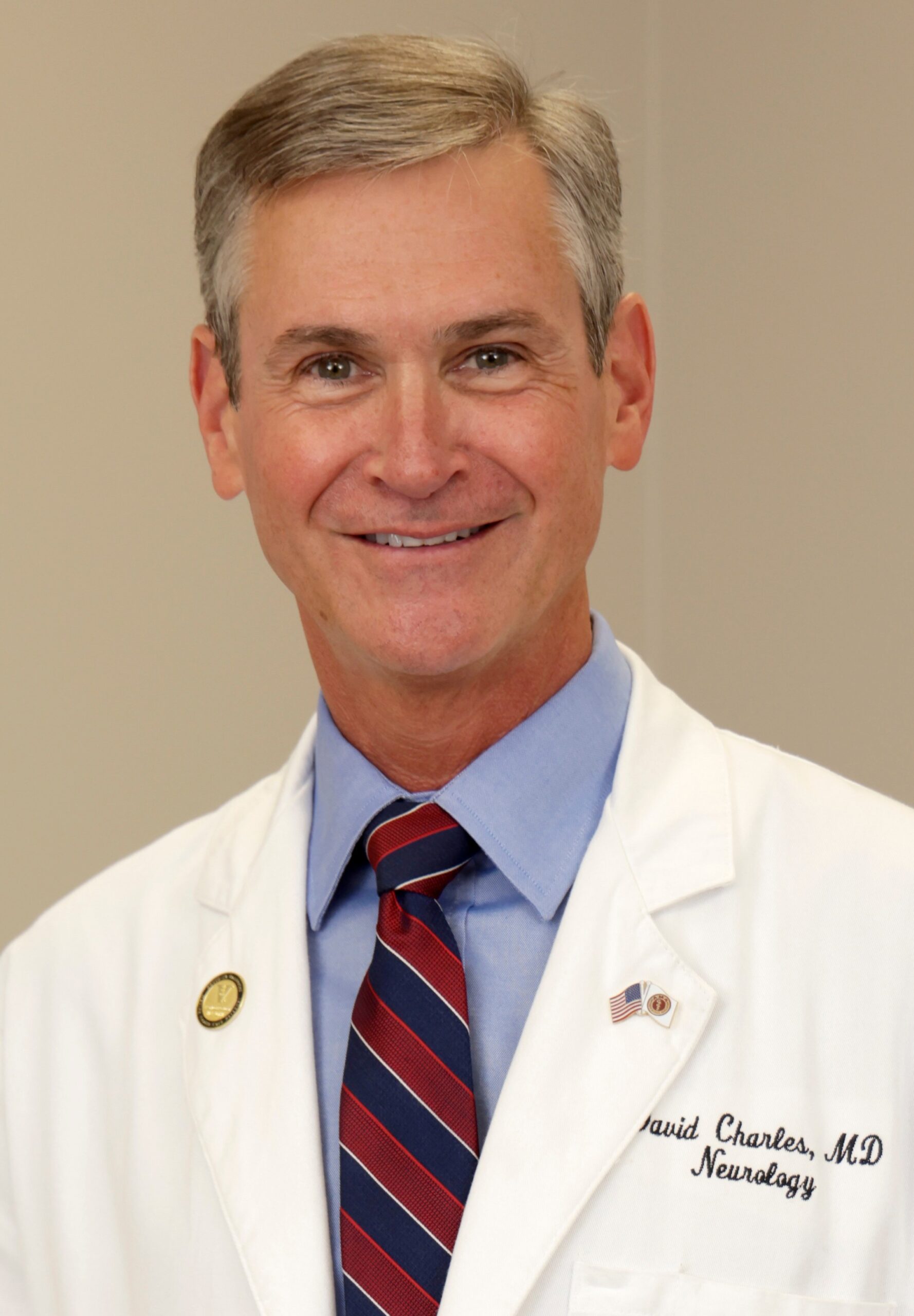
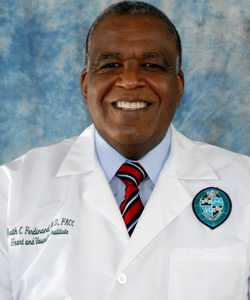
Keith C. Ferdinand, MD
Keith C. Ferdinand, MD, is Professor of Medicine at the John W. Deming Department of Medicine, Tulane University School of Medicine and the Tulane Heart and Vascular Institute in New Orleans, Louisiana. He is board certified in internal medicine and cardiovascular disease, certified in the subspecialty of nuclear cardiology, and a specialist in clinical hypertension certified by the American Society of Hypertension.
Dr. Ferdinand is on the board of the American Society of Preventive Cardiology. He served as past Chair of the National Forum for Heart Disease and Stroke Prevention, Chief Science Officer and past Chair of the Association of Black Cardiologists, board member of the American Society of Hypertension, the Southwest Lipid Association, and the International Society of Hypertension in Blacks.
As an investigator, Dr. Ferdinand has conducted numerous trials. His research has been published in over 200 papers in peer-reviewed journals, and he has also lectured nationally and internationally. Dr. Ferdinand received the AHA 2019 James B. Herrick Award for Outstanding Achievement in Clinical Cardiology.
Dr. Ferdinand received his medical degree from the Howard University College of Medicine in Washington, DC.

Calli Cook, DNP, FNP-C
Calli Cook, DNP, FNP-C, is a Clinical Assistant Professor at the Emory University Nell Hodgson Woodruff School of Nursing and practices as a family nurse practitioner at the Emory Brain Health Center. Calli’s work has focused on improving quality in neurology. She has worked to reduce unnecessary imaging in patients with primary headache syndromes and served on the national quality measures task force for headache medicine.
In addition to her focus on quality improvement in neurology, Calli serves as the Chair of the Consortium of Neurology Advanced Practice Providers. While serving in this role, she has improved professional and education development of neurology APPs through a free web-based neurology toolkit. Calli is committed to the role of neuroscience APP and has worked to improve both patient care and APP role satisfaction through excellence in clinical practice.

Allen Meadows, MD
Allen Meadows, MD, is Clinical Instructor of Internal Medicine and Clinical Instructor of Family Practice at the University of Alabama, Birmingham, and a solo community-based practitioner at the Alabama Allergy & Asthma Clinic in Montgomery, Alabama. He is Chairman of the Advocacy Council of the ACAAI and past president of the JCAAI.
Dr. Meadows served as President of the Alabama Society of Allergy and Immunology, 1995-96, and as President of the Medical Society of Montgomery County in 1999. He was a member of the Board of Censors of Medical Association State of Alabama, 2002-2004, and on Alabama Board of Medical Examiners, 2002-2004.
Dr. Meadows also serves as Chairman of AfPA’s Respiratory Therapy Access Working Group.

Wesley Mizutani, MD
Wesley Mizutani, MD, is a practicing rheumatologist who also serves as Assistant Clinical Professor of Medicine at the University of California, San Diego School of Medicine.
Dr. Mizutani received his undergraduate degree from the University of Southern California. He earned his medical degree from University of California Los Angeles, and he completed his internship and residency in internal medicine at Los Angeles County-USC Medical Center. Dr. Mizutani was also the recipient of a fellowship in rheumatology from the University of California, San Diego.
After hours, he enjoys running.
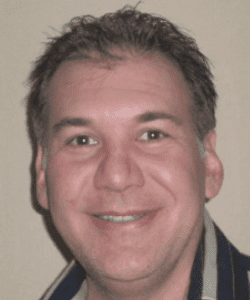
Bruce Rubin, MD
Bruce Rubin, MD, is an Assistant Professor of Clinical Neurology at the University of Miami Miller School Of Medicine.
Dr. Rubin received his Bachelor of Science degree from Hobart College and his Doctor of Medicine degree from State University of New York Health Science Center at Syracuse. He completed his neurological residency at the Neurologic Institute at Columbia Presbyterian Medical Center in New York and his post-doctoral fellowship at the University of Miami School of Medicine.
Dr. Rubin has lectured nationally and published articles in several scientific journals. He is a member of the American Academy of Neurology, American Society of Neurorehabilitation and Brain Injury Association of Florida. He is chairman of the Florida Chapter of the Alliance for Patient Access.

Jack Schim, MD
Jack Schim, MD, is Voluntary Assistant Clinical Professor in the Neuroscience Department at University of California San Diego and is on staff at the VA Medical Center in La Jolla.
Dr. Schim earned his medical degree from University of California San Diego Medical School, served as a medical intern at Cedars Sinai Medical Center and completed his neurology residency at University of California San Diego. He is past president of the Association of California Neurologists and an active member of the American Academy of Neurology, American Stroke Association and American Headache Society.
Dr. Schim is board certified in neurology and certified in headache medicine by the United Council of Neurologic Subspecialties. He has published articles in numerous medical journals.
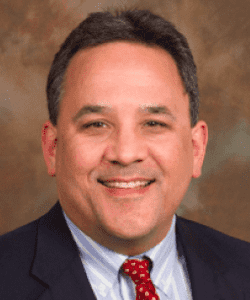
Robert Yapundich, MD
Robert Yapundich, MD, is a neurologist in private practice with Neurology Associates in Hickory, NC.
Dr. Yapundich completed a neurology residency at the University of Alabama at Birmingham, followed by a fellowship in electromyography/neuromuscular diseases. He is a diplomat of The American Board of Psychiatry and Neurology with subspecialty certifications in Clinical Neurophysiology and Sleep Medicine, along with certification by the American Board of Electrodiagnostic Medicine.
Dr. Yapundich has served as president of the North Carolina Neurological Society and is a board member of the North Carolina Medical Society. He has participated in clinical trials, many as primary investigator, and co-authored a variety of publications.
Josie Cooper
Josie Cooper serves as executive director of the Alliance for Patient Access. At AfPA, Ms. Cooper has worked in stakeholder and clinician mobilization, developing policy and educational strategies to improve patient access to care. Ms. Cooper has a background in communications, research, grassroots organization and campaign politics. Ms. Cooper has worked at the state and national level advising political campaigns and public affairs clients on supporter and stakeholder mobilization. She has worked on major races across the country, from presidential campaigns to Senate and congressional races. Prior to joining AfPA, Ms. Cooper worked for a DC-based consulting firm and for a trade association representing biotechnology companies.
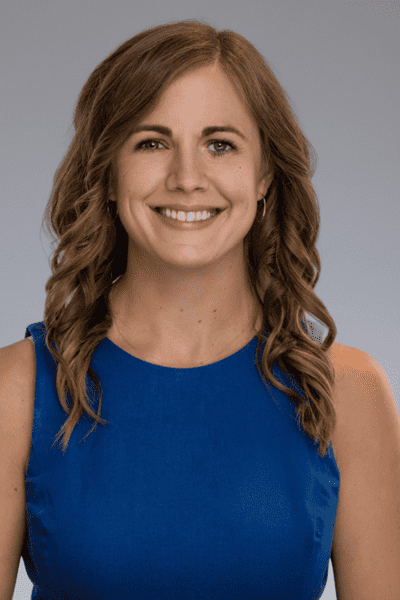
AfPA members are policy-minded health care providers who advocate for patient-centered care. Non-physicians, including corporations and associations, participate in AfPA as associate members. AfPA’s associate members pay annual dues and are invited to attend regular associate member briefings. AfPA also receives support through sponsorships, grants and gifts.
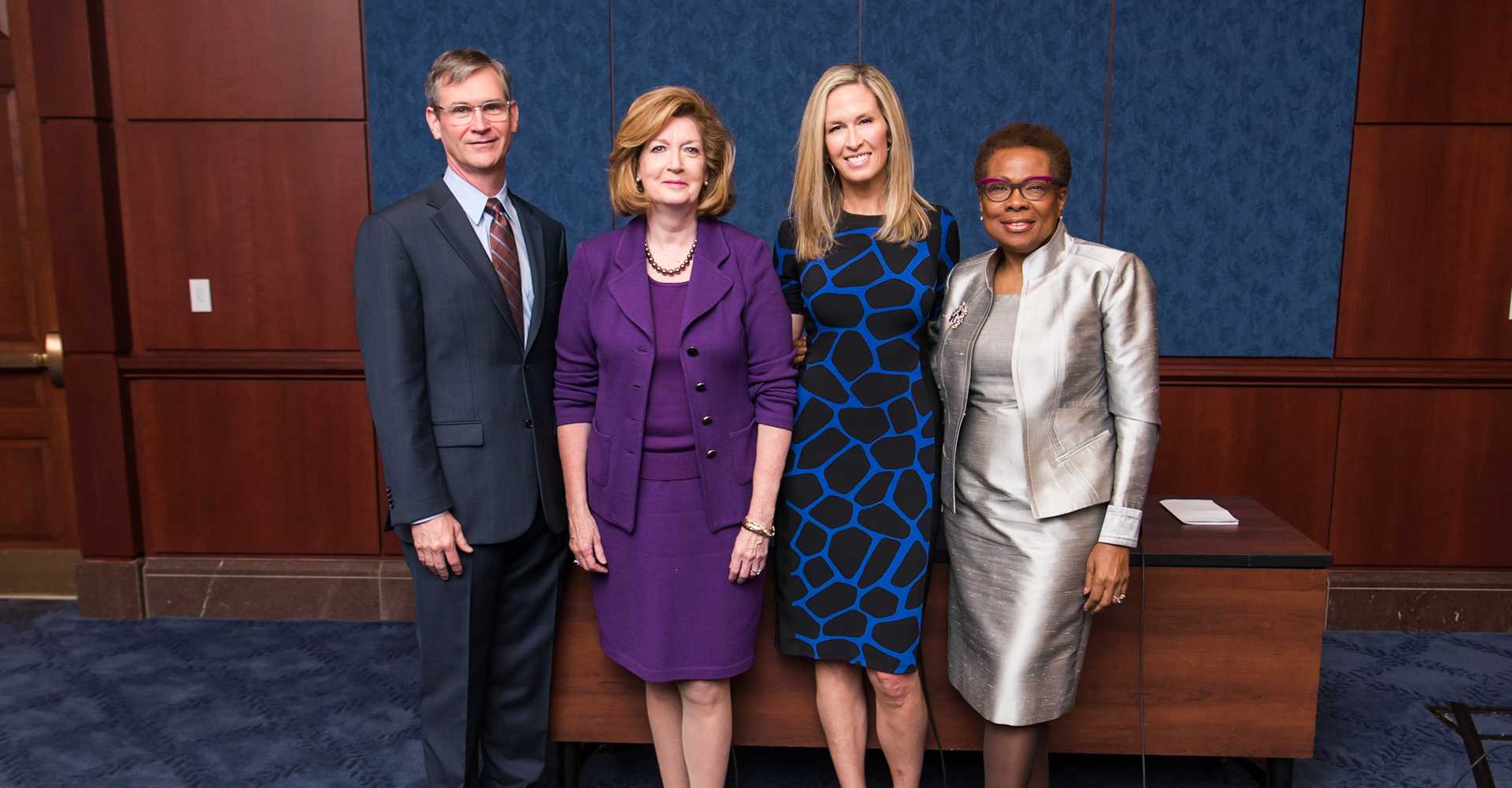
© 2025, Alliance for Patient Access.